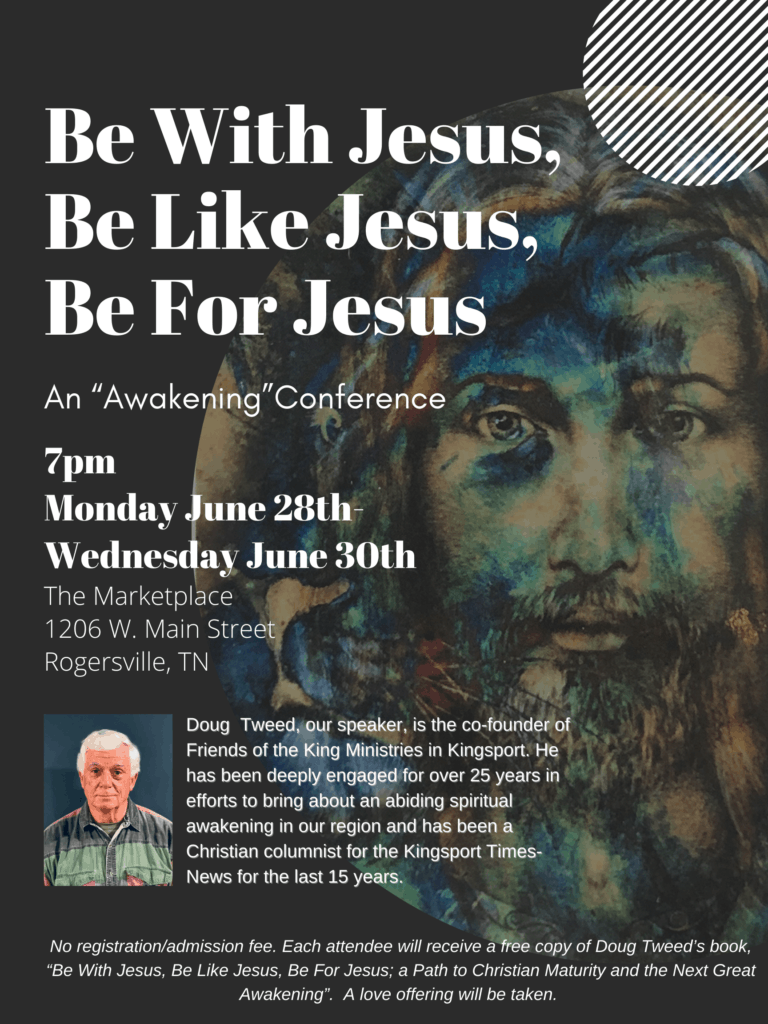“For by grace you have been saved through faith. And this is not your own doing; it is the gift of God, not a result of works, so that no one may boast. For we are His workmanship, created in Christ Jesus for good works, which God prepared beforehand, that we should walk in them.” (Ephesians 2:8-10)
It brings me great comfort to know my beloved Christie is in heaven having an unimaginably wonderful time, and that I will join her one day.
The pancreatic cancer that ended Christie’s life on earth has an incredibly high mortality rate for one reason. It is usually not discovered until it is too late to do anything about it. In other words, the only thing worse than being told you have cancer is to have cancer and not know.
If it is dangerous to have cancer when you think you are healthy, then imagine how dangerous it is to think you are “saved” when you are not.
The problem, described by Dietrich Bonhoeffer as the teaching of “cheap grace”, arises from a misunderstanding of the beautiful grace message in Ephesians 2 and its companion verse, Romans 6:23. We have taken the biblical concept of “free gift of God” and turned it into a well-intended but false invitation to salvation through the simple “no strings attached” choice to accept Jesus as Savior.
We must understand every scripture in the context of all scripture; otherwise, we can misunderstand what God is revealing. And nothing can be more damaging than a misunderstanding about what it takes to enter an everlasting life relationship with God.
Sin, rooted in a desire to be lord of our own life, separates everyone from a holy and life-giving God, and we could never bridge that gap. (Genesis 3; Isaiah 59:2; Romans 3:23, 6:23) So God, in His unconditional love, bridged the gap for us by sending His Son Jesus to die for all the sins of all mankind. (1 John 2:2) This is the astounding “free gift of God”!
God’s love is unconditional, but salvation is not. We must still cross the bridge God has provided. We are saved by grace “through faith” and our faith must be more than a verbal assent Jesus is who He says He is. The demons know who Jesus is, but they do not have faith. (Luke 4:41; James 2:19)
Faith is “trust” and “confident belief”. Faith must be in your heart before you can meaningfully confess it with your mouth. (Acts 2:37; Romans 10:9-10) The following scriptures convince me that if faith is truly in your heart, there will be meaningful evidence of it in your life.
The gospel is consistently presented as “repent and believe”. (Mark 1:15; Acts 2:38; Luke 5:32; 2 Peter 3:9) The biblical words for “repent” mean change of heart (Hebrew, “naham”), change your mind (Greek, “metanoia”) and change your ways (Hebrew, “shub”).
At the end of His Sermon on the Mount, Jesus declares not everyone who calls Him “Lord, Lord” will enter heaven, but only those who do the will of His Father.
John 15:1-6 says God removes branches on the Vine who do not bear fruit.
Matthew 25:31-46 says the separation of sheep and goats on Judgement Day will be based upon acts of agape love.
Multiple scriptures declare that we must be both hearers and doers of the Word. (Matthew 7:24-27, 28:18-20; James 1:22-25; John 14:21, 23)
James 2:14-26 explains in detail why faith without corresponding works (fruit) is dead and useless.
1 John says those who claim to know Jesus Christ but do not keep His commandments are liars and adds that anyone who makes a practice of sinning is of the devil. (2:4-6, 3:6-10)
Everlasting life is to know God and His Son Jesus Christ. (John 17:3) The Greek word used for “know” is “ginoskosi”, which means to know through interpersonal relationship or experience, not just “know about”. No one has everlasting life until they receive the Holy Spirit and become a new creation born of God. (John 1:12-13, 3:3-6; Romans 8:9)
This knowing should produce a witness in your heart. (Romans 8:16) It produces a change in your worldview and corresponding changes in your behavior. (Hebrews 11:1 – 12:2) Above all else, you will now know God’s love and have at least some measure of unconditional agape love for others. (1 John 4:7-12)
You cannot have Jesus as Savior without Jesus as Lord. (Philippians 2:9-11) We are saved by grace to live by faith, trusting our Lord and seeking to obey Him so we can produce those “good works, which God prepared beforehand”. (Romans 1:16-17; Galatians 2:20) Grace will be there on the many occasions when we stumble. (Romans 8:34-39; 1 John 1:9) But if we truly have faith, we will at least try. And if a person’s life does not show evidence of such efforts, I urge them to reexamine what their true salvation condition is.
God bless you, and God bless our community.

